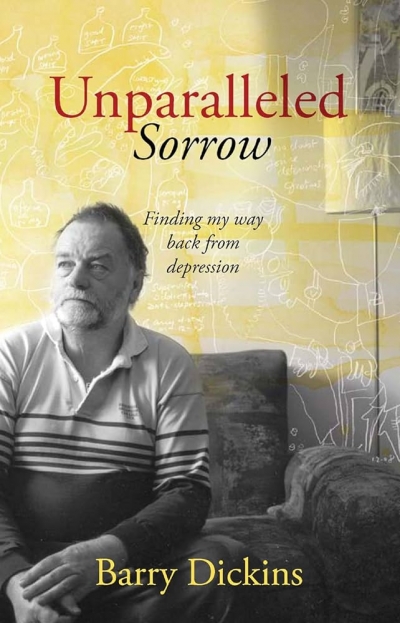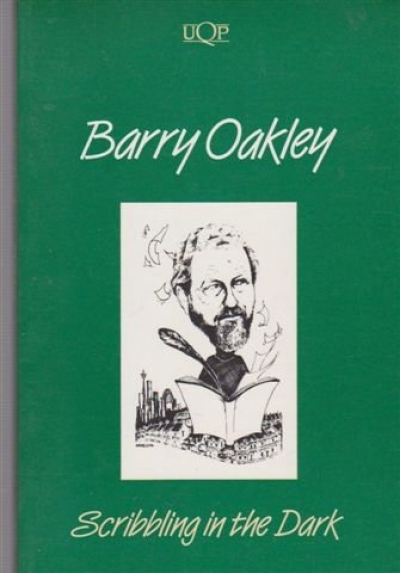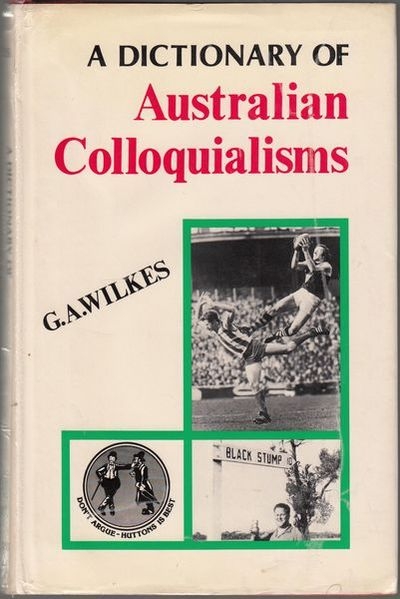Barry Dickins
I’m unrepresented but still resented. By the regular writers of the pulp I contribute to to keep me and mine from the pawnbrokers; by the witless screenwriters’ minders who know how to quote Lawson, but only in jest; by the rank & file plodders who hate the public, and most of all loathed by academics who have a sort of vision of blue collar, but mix it up w ...
Looking Out for Ollie by Sharon Montey & Ghost Train by Michael Stephens
Unparalleled Sorrow: Finding my way back from depression by Barry Dickins
I speak well crook. I speak better, when better. And I get bitter when my usually unstoppable health chucks it during an author tour. This happened to me the other week in Geelong, when the State Library of Victoria had Chris Beck and me as their travelling wits.
... (read more)It is Sunday and that is all it is. I have just read the Australian. It is not Australian. It is The Cringe. I have struggled to like Phillip Adams for years; I liked him when he was Phillip Adams – I guess he did too. He worships Mammon when he once seemed to worship cries in the street and whispers from above. No God in him.
... (read more)






